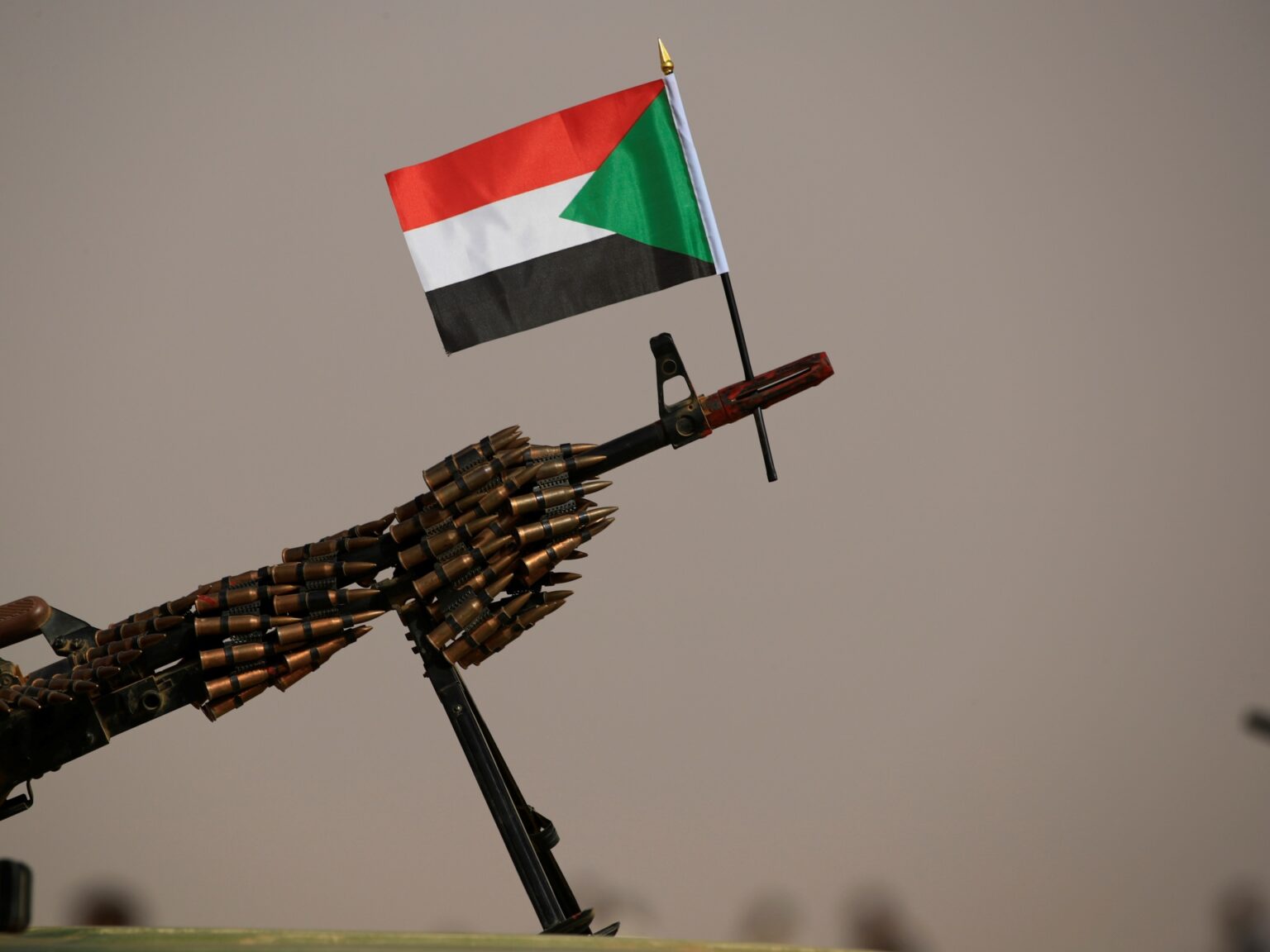Global Courant 2023-04-21 16:37:54
Sudan’s violent power struggle between the feared paramilitary Rapid Support Forces (RSF) and the military appears balanced and could last months, even years, analysts say.
That trajectory threatens to break the country and fragment the warring forces.
Experts told Al Jazeera that over time the military is likely to gain the upper hand in the conflict – thanks to its air advantage and the logistical support it receives from Egypt – but not a decisive victory.
However, the RSF will have enough regional aid – mainly from the United Arab Emirates – to survive and fight on.
“Egypt and the Emirates have enabled these armies to become what they are: resistant to popular demand for democracy and to each other,” said Jonas Horner, an independent researcher specializing in Sudan.
The battle for Khartoum, Sudan’s capital, is expected to be long and bloody, but the army should capture the city because it has a larger military arsenal, added Sharath Srinivasan, author of When Peace Kills Politics: International Intervention and Unending Wars in the Sudans.
He said the RSF could eventually retreat to its stronghold in the western province of Darfur, as well as infiltrate and seize small areas of land elsewhere.
“I think the military… can degrade the fundamental capability of the RSF more than the RSF can degrade the military. But the reach and strength of the RSF across the country will continue,” Srinivasan said.
Threats from within
The leader of the RSF, Mohamad Hamdan “Hemedti” Dagalo, is engaged in a zero-sum game for power with top military commander Abdel Fattah al-Burhan.
The former is from Darfur and was a leader in the Arab “Janjaweed” militias that spearheaded state-sponsored mass killings in the region from 2003-2009.
In 2013, Sudan’s then-authoritarian leader, Omar al-Bashir, assigned Hemedti to command RSF, a force designed to thwart military coups and crush insurgencies across the country.
But six years later, Hemedti collaborated with the military to sideline al-Bashir, giving him a clear path to becoming the second most powerful man in the country after al-Burhan.
Both men are now fierce enemies, despite working together to derail the country’s transition to democracy in a coup d’état in October 2021. That marriage was short-lived as each threatened to consolidate power for themselves, forcing their pointing weapons at each other.
As the war continues, the real threat to their rule may come from their own armed forces, explains Jihad Mashamoun, a political analyst specializing in Sudan.
He told Al Jazeera that top military officials in the army associated with the political Islamist movement in Sudan have been pressuring al-Burhan to expose Hemedti for threatening their power. He stressed that the top army will not accept any outcome other than the complete demobilization of the RSF and Hemedti’s exile from Sudan.
“I have reason to believe that army officers pressured al-Burhan for this latest confrontation with the RSF. So if he doesn’t go ahead with the break-up of the RSF, a coup against him could happen,” Mashamoun said.
“I only see that happening if al-Burhan agrees to negotiate with Hemedti without him leaving the country.”
‘The doomsday scenario’
Hemedti is also vulnerable from within his own ranks – and tribe. The top of the RSF consists of senior officers from the Arab Rizeigat tribe, who come from Darfur. However, many local chiefs in the tribe are suspected to have greater loyalty towards Musa Hilal, a local sheikh and former Janjaweed chief.
Hilal is a rival of Hemedti. After relations between the former and the government deteriorated, al-Bashir empowered Hemedti to undermine Hilal. In 2017, the RSF charge by arresting him and capturing a gold mine he and his supporters controlled in Darfur.
Hilal was eventually issued released from prison thanks to a pardon from the Transitional Civil-Military Government in March 2021, six months before the coup.
Hilal’s whereabouts are now unknown, but he has his own militia and many supporters in the Rizeigat. He is also suspected of having loyalists in RSF.
“The observation people are making is the possible disintegration of the RSF from within. The reading is that many Rizeigat fighters would consider allying against Hemedti and with Musa Hilal,” said Anette Hoffmann, a Sudan expert at the Clingendael Institute, an independent think tank in The Hague.
“This is just one part of the doomsday scenario. Civil war along ethnic lines with regional destabilization and further disintegration of the RSF, instead of us having two homogeneous blocs with clear territorial control,” she added.
Choose a side
In the face of a protracted conflict, analysts say the international community should pressure third parties not to join the conflict.
Domestically, both the Justice and Equality Movement and the Sudanese Liberation Movement of Minni Minawi — two Darfur rebel groups that later supported the military coup of Hemedti and al-Burhan in October 2021 — must be dissuaded from taking sides, Srinivasan stressed.
He added that the forces of the Sudan People’s Liberation Army – North (SPLA-N), led by Abdel Aziz al-Hilu, should also be urged not to take part in the fighting.
SPLA-N is the strongest rebel group in Sudan and controls a significant area in the Nuba Mountains.
“One of the risks is that armed actors may end up acting opportunistically, which is a very bad scenario because that brings a lot more civil war dynamics involving multiple actors. That would be very messy,” Srinivasan said.
Other experts added that concerted efforts should also be made to mitigate the war economy, which means pressuring neighboring and regional states to remain neutral.
They have already been there reports of Egypt ramping up support for al-Burhan, while Libya’s eastern commander, Khalifa Haftar, has sent at least three planes filled with military aid to the RSF. Ironically, Egypt is one of Haftar’s main backers in Libya.
The conflict threatens to become more intertwined with regional rivalries and power struggles, Horner warned.
“In almost all neighboring countries there is an al-Burhan supporter and a Hemedti supporter. So if it (conflict) leans against one of them, then we might see friends come to the aid of the losing side,” he told Al Jazeera.








